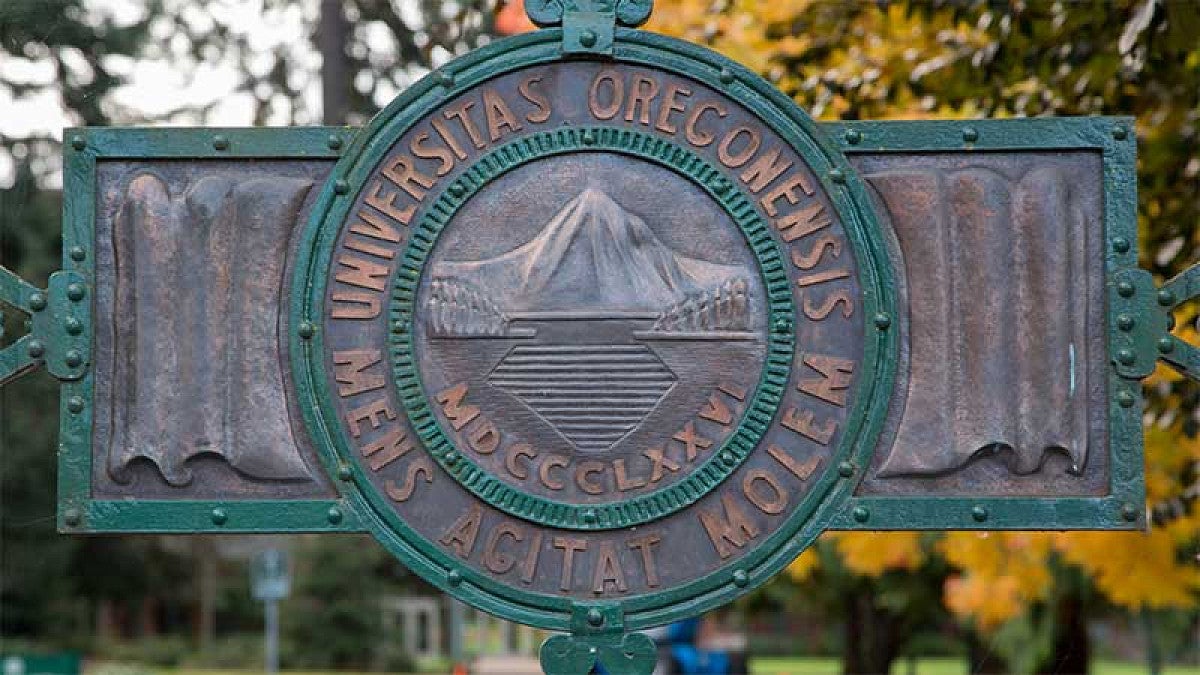Operations and fall planning in the face of the coronavirus pandemic will be the main topics of discussion when the Board of Trustees of the University of Oregon meets via videoconference for its spring meeting June 4.
The meeting will be conducted remotely to adhere to current executive orders regarding campus operations and physical distancing. A livestream will be available for the public.
President Michael H. Schill and other campus leaders will offer trustees a look at the campus collaborations, community partnerships and networks across higher education that continue to support and inform the university as it prepares for in-person activities for fall term.
Before spring break, the university enacted a pandemic plan under the guidance of Andre Le Duc, associate vice president and chief resilience officer. Le Duc and Provost and Senior Vice President Patrick Phillips, along with other members of the UO’s incident management team, will give trustees a glimpse of potential adjustments for fall term.
The safety of students, employees and the entire campus community is a top priority as teams across campus begin planning for the possibility of in-person activities. Leaders from various units will be available to answer questions on topics such as university housing and the approach to class schedules.
Challenges and opportunities facing research nationally and at the UO will be the topic of a report from David Conover, vice president for research and innovation. The overview is normally done during the fall meeting, but Conover, who helped usher in a period of growth in research and development, will speak next week to close out his work at the university. His retirement, announced last November, is effective July 3.
Jamie Moffitt, vice president for finance and administration and chief financial officer, will provide an overview of financial impacts of the pandemic, both known and unknown. She will also outline cost-saving measures the administration has taken to date.
The board will consider a resolution authorizing expenditures for the next fiscal year, recognizing that expenditure levels remain largely uncertain as the pandemic’s consequences are not fully realized.
In other business, trustees will learn about the demand for higher education and demographic shifts from Nathan Grawe, professor of economics and Ada M. Harrison Distinguished teaching Professor of the Social Sciences at Carleton College.
Additionally, the board will consider revisions to the student conduct code. Eric Girvan, professor of law and co-chair of the Student Conduct and Community Standards Committee, will review proposed changes that make the conduct code’s processes and procedures easier to understand.
Earlier this year, the board voted to move forward with an undergraduate degree proposal in bioengineering. At its meeting next week, the board will vote on a proposal for a graduate degree in bioengineering, which will be presented by Jim Hutchison, senior associate vice president and Lokey-Harrington Chair in the Department of Chemistry and Biochemistry. The doctorate, a joint degree with Oregon State University, represents the first engineering graduate program at the UO.
Mike Harwood, associate vice president and university architect, will give details of a proposed ground lease for the Romania property, advancing plans to ultimately see third-party redevelopment of the site. With board approval, the university would be able to move forward with negotiating a 75-year ground lease for a multiuse development of the property at Franklin Boulevard and Orchard Street.
The redevelopment plan under consideration ensures that the Googie architectural element of the main building would be preserved.
The board also will formally recognize Dianne Nelson, who is retiring after working for six decades as a UO telephone operator.
Additionally, board policy calls for a comprehensive evaluation of the president at least once every five years. Due to current circumstances, trustees will consider delaying Schill’s 2020 comprehensive review in favor of a standard annual evaluation.
The meeting, which begins at 9 a.m., will be held remotely with a livestream and telephone line available for public access. The livestream link and teleconference information will be available the morning of June 4 on the board website. In lieu of in-person comments, written comments will be accepted and shared with the trustees.


